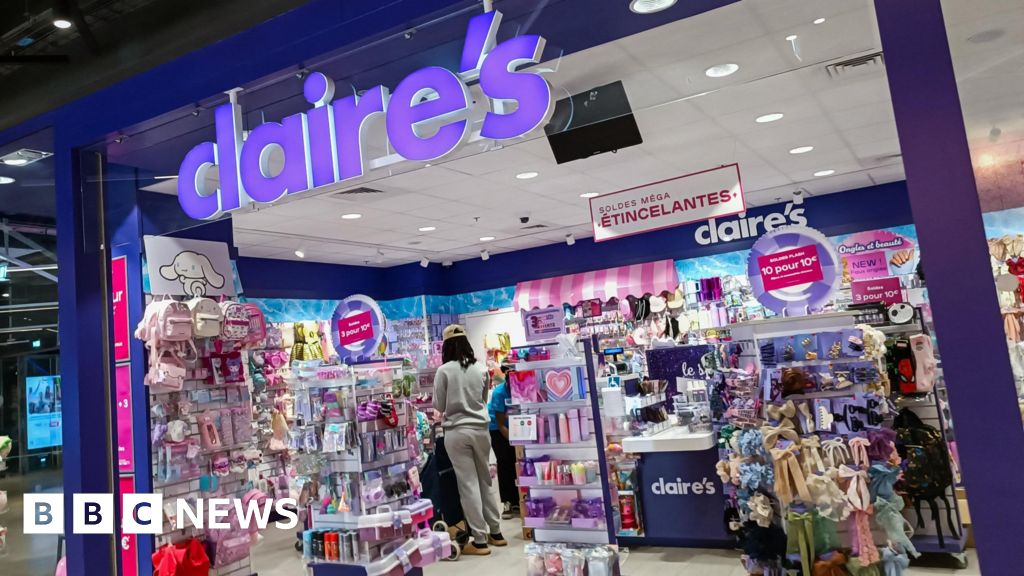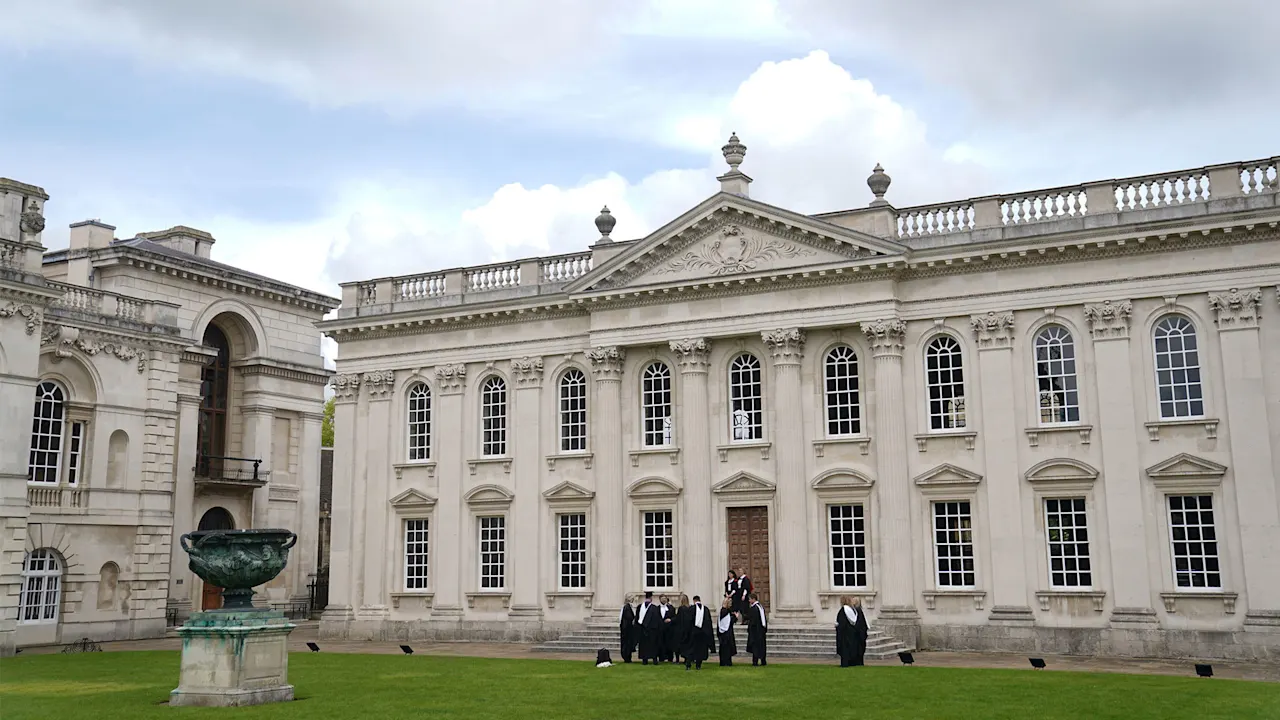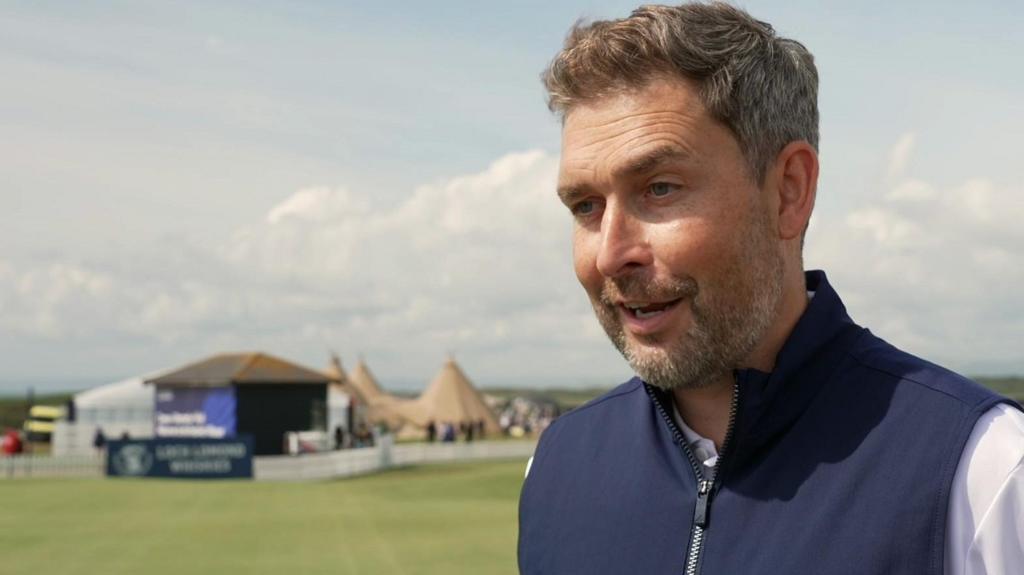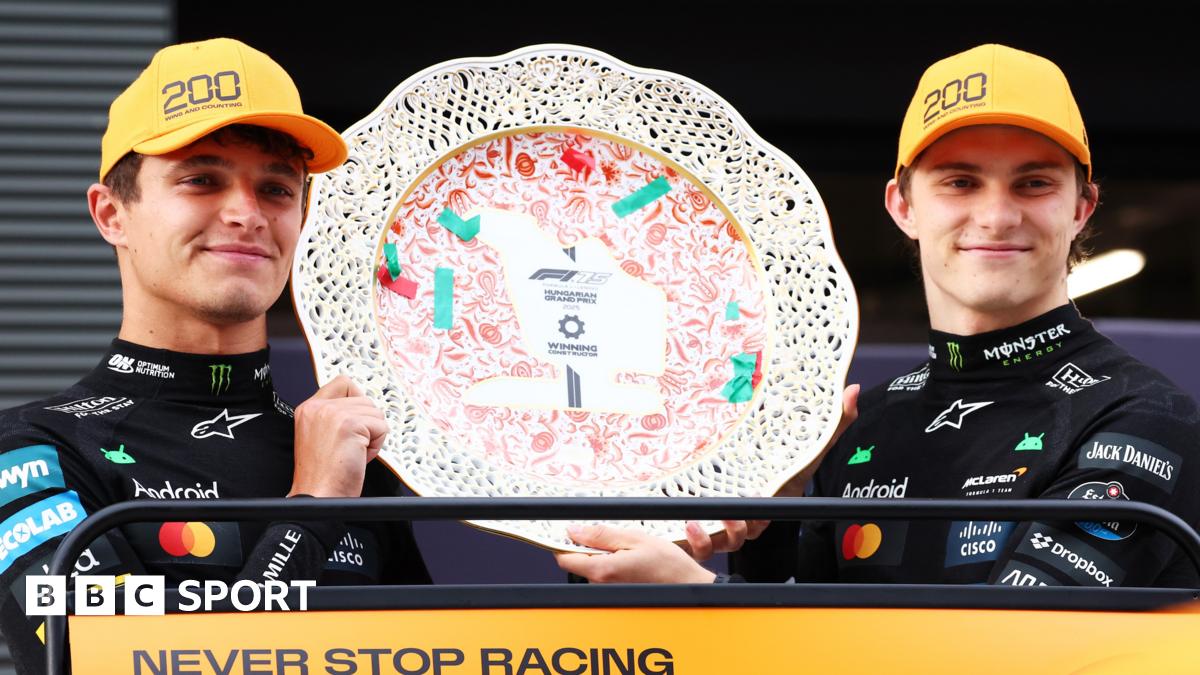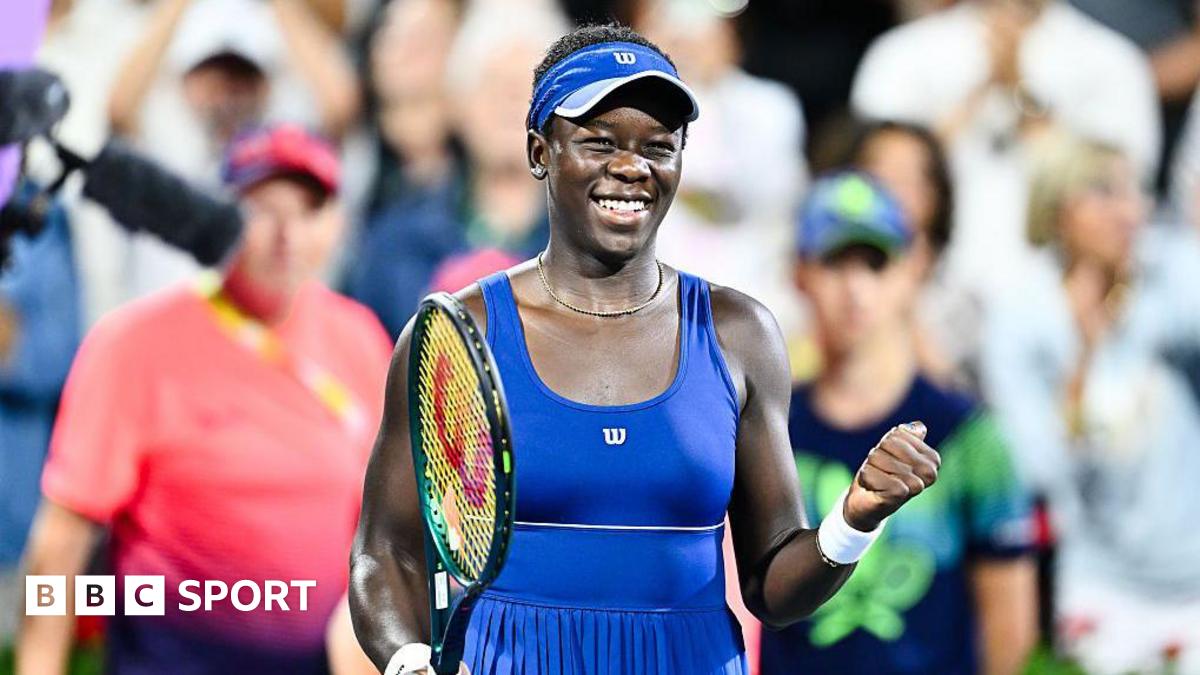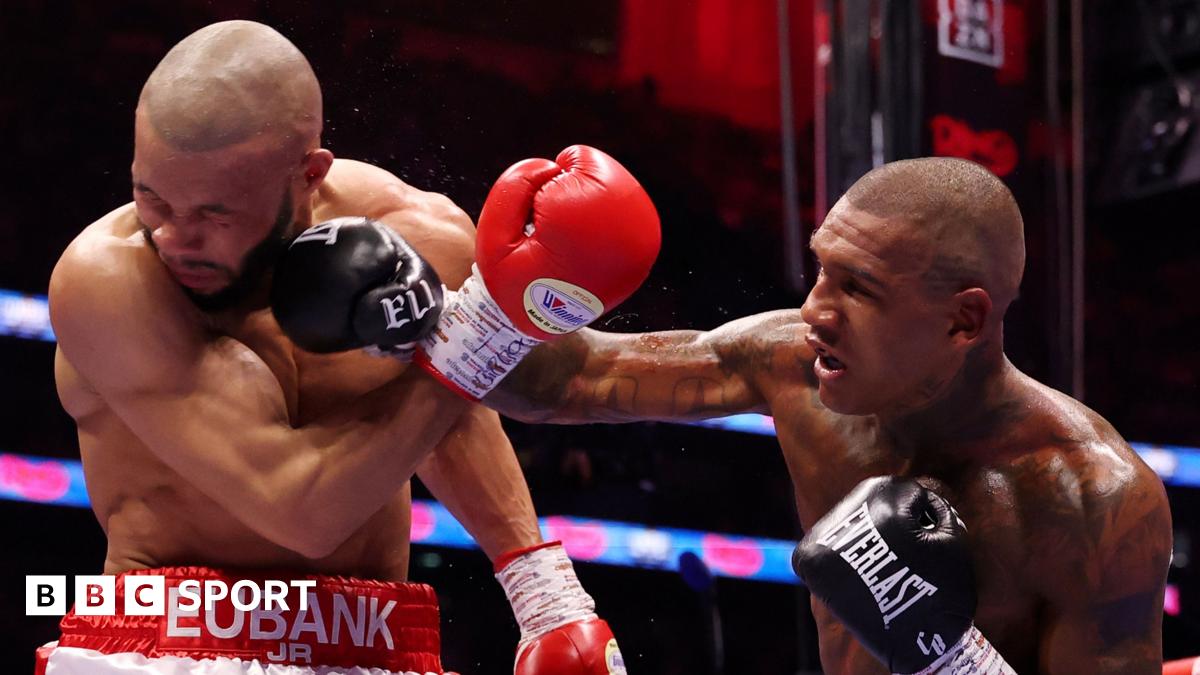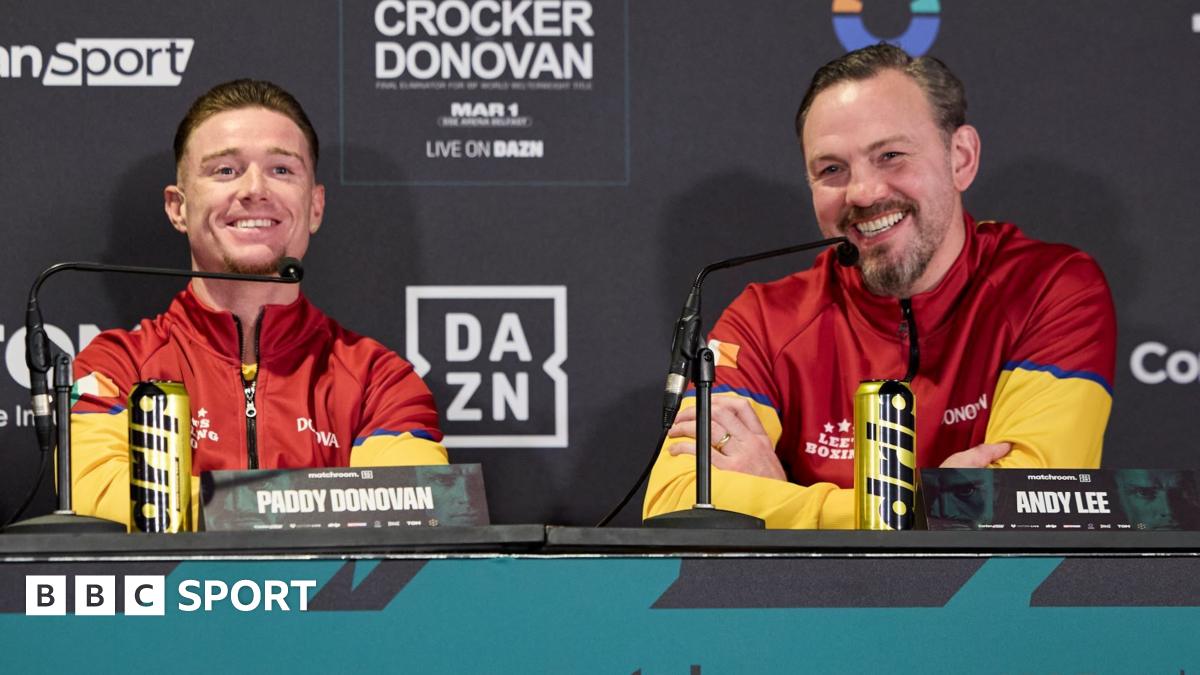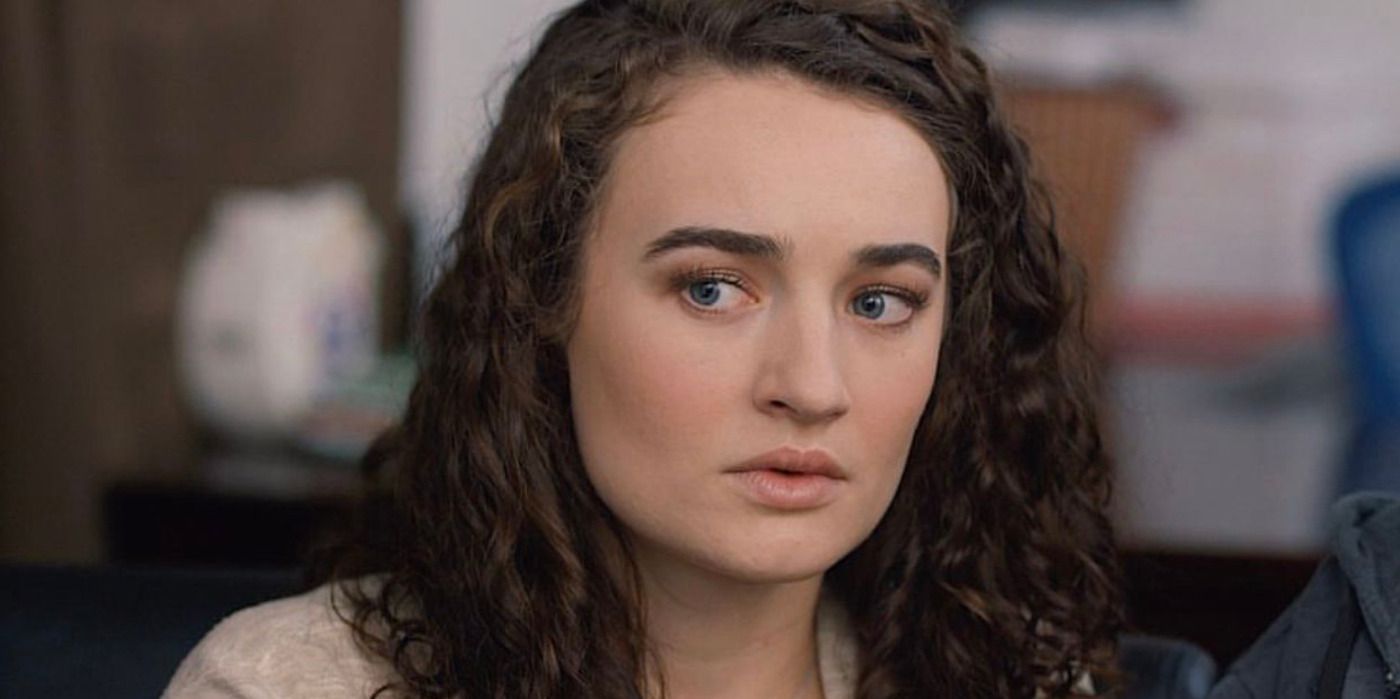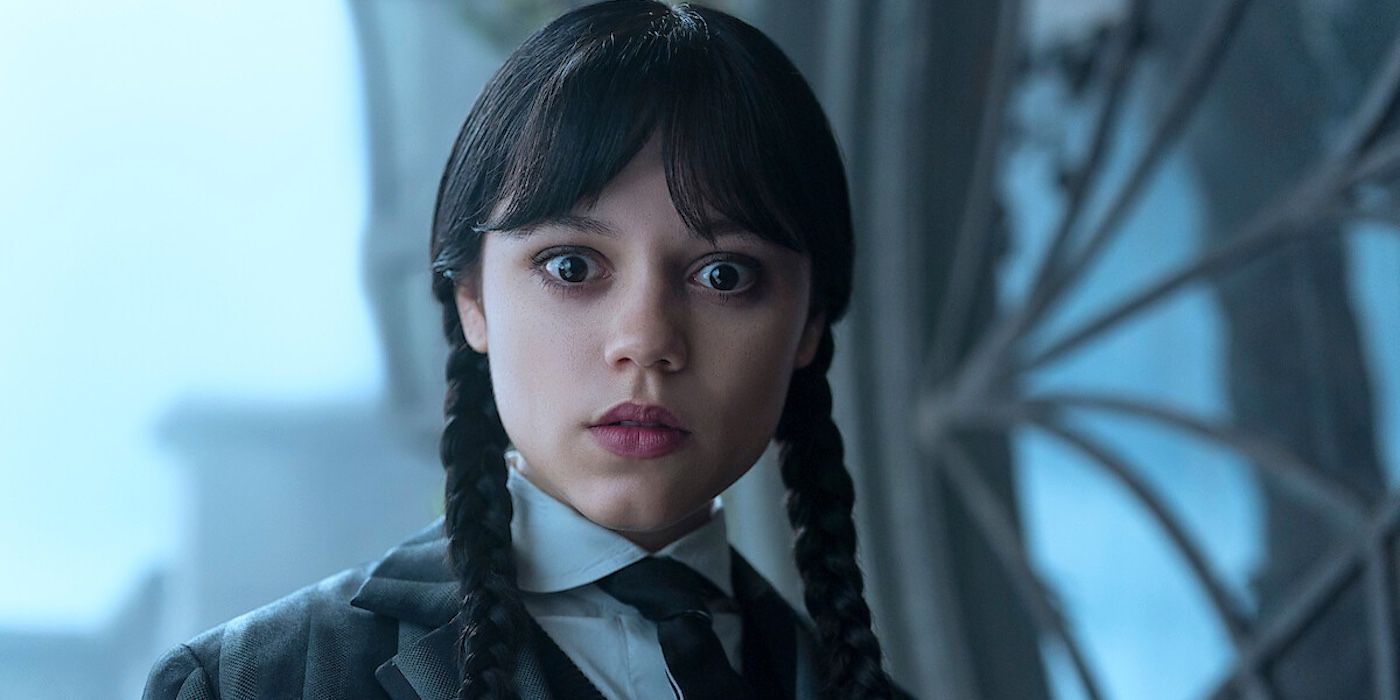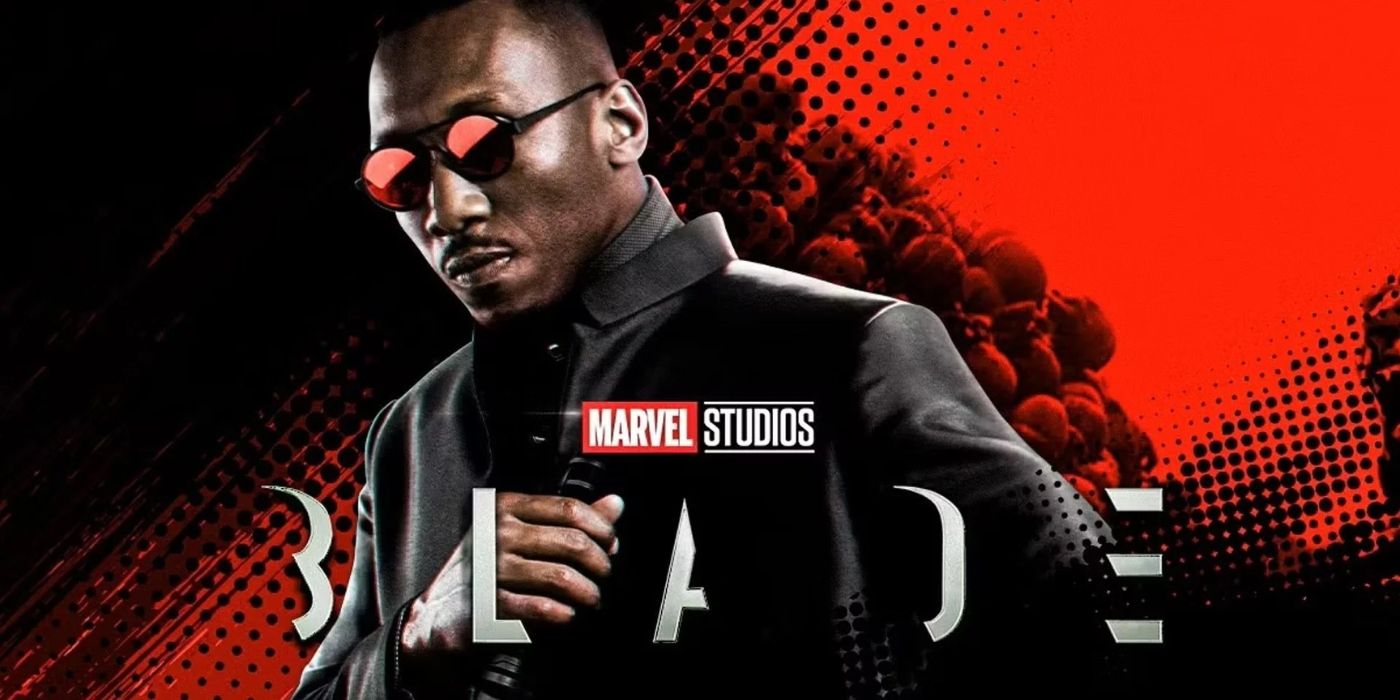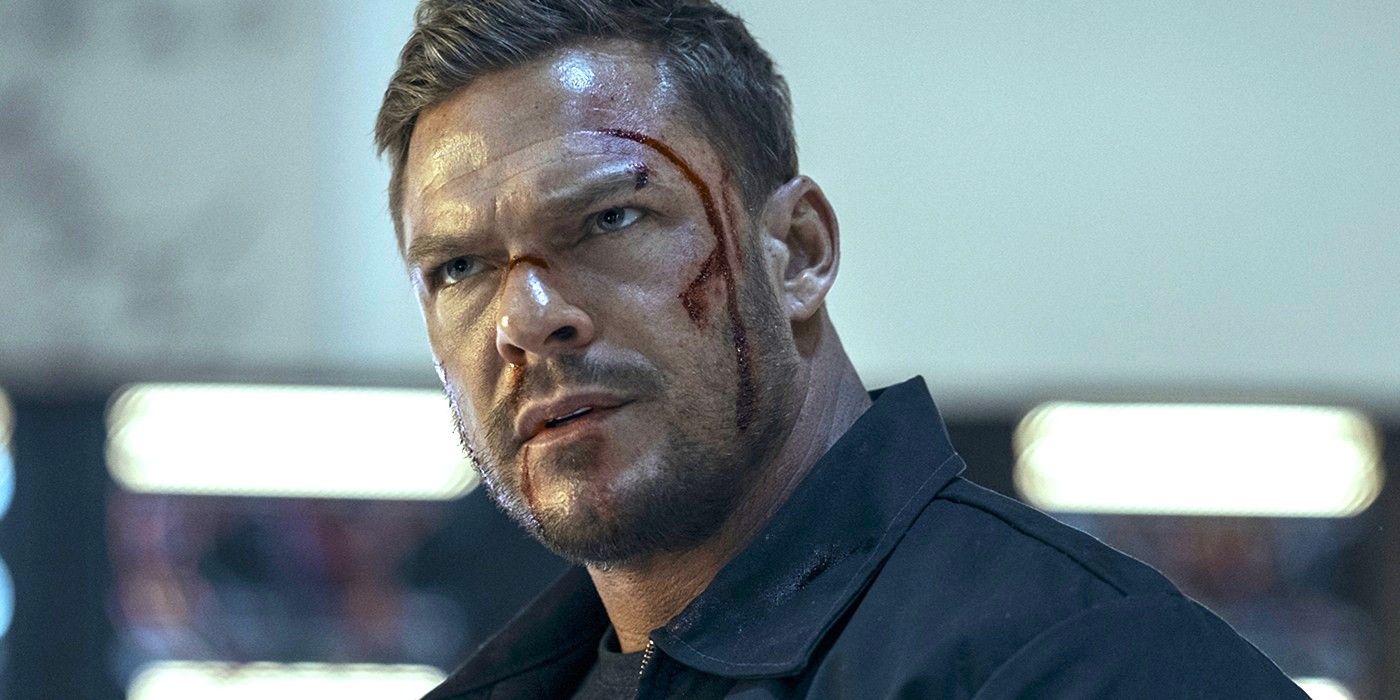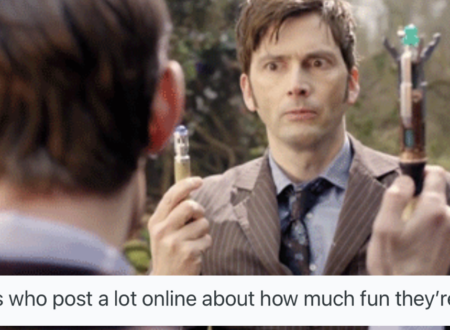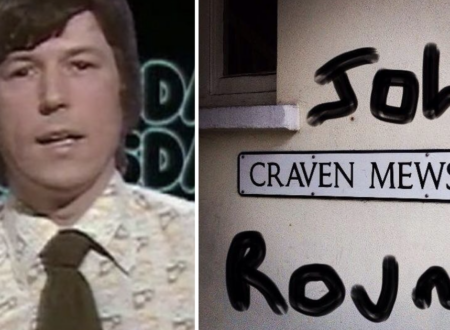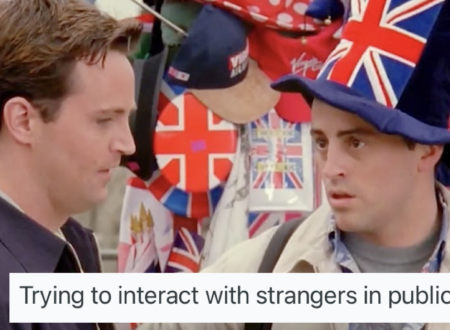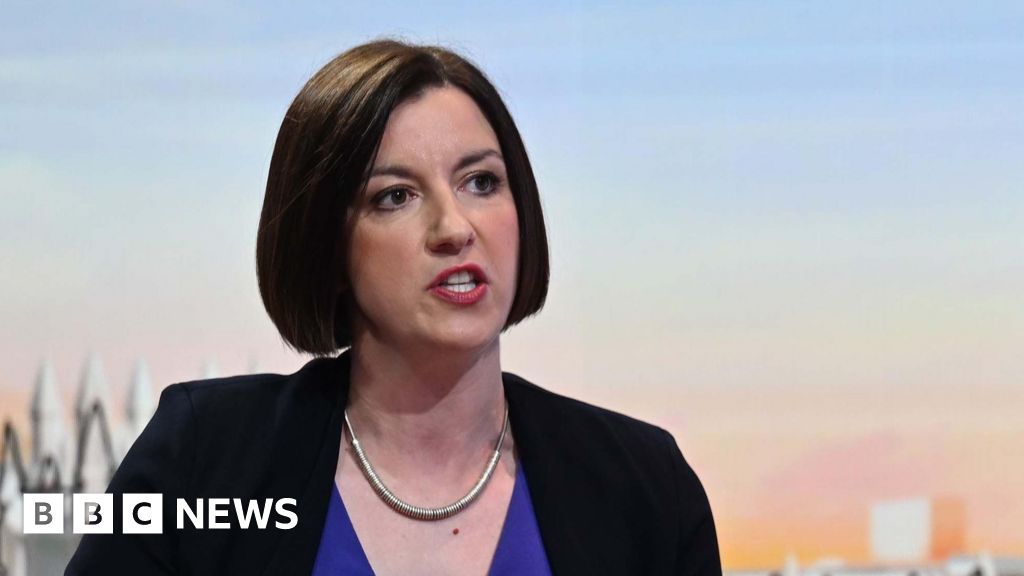Airbnb’s Brian Chesky should be the next CEO of Disney
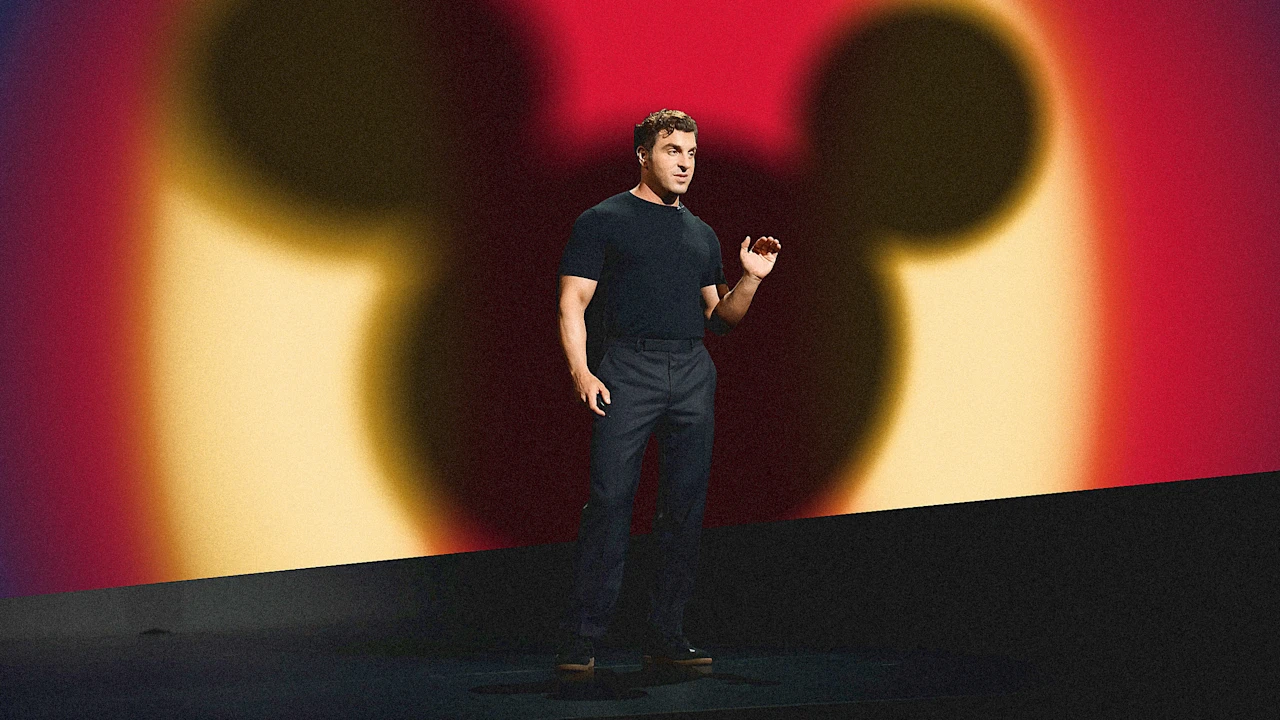
The CEO of Disney is the most renowned CEO job in America. Wondering who will succeed Bob Iger and be just the eighth person to hold the job in the company’s 102-year history has been a parlor game/obsession in Hollywood and beyond since, well, at least October 2011 (!), when Disney’s board first started succession planning. Iger’s early successes (acquiring Pixar and Marvel, reviving Disney Animation) have made him hard to replace, and his general refusal to leave hasn’t helped either.
Iger will announce his successor in early 2026 (in theory!) and then step away (for real this time!) later next year, at age 75. While most speculation has centered on two to four internal candidates, there’s a singular leader who should be Disney’s next chief executive: Brian Chesky, Airbnb’s cofounder and CEO.
In this piece, premium subscribers will learn:
- How running Airbnb is the perfect training to lead Disney now
- The key relationship Chesky brings that no one else can offer
- Why Disney needs a tech CEO to survive the 21st Century
Disney is now a hospitality and experiences company
Don’t get distracted by The Fantastic Four: First Steps or the Alien: Earth series. Disney may have movie studios, TV production companies, and streaming services, but it is not an entertainment company.
Look to where the company’s growth story is and where much of its profits are coming from. They aren’t from Disney’s Entertainment or Sports divisions.
No, they’re thanks to its Experiences division, which houses Disney theme parks, hotels, cruise ships, and merchandise.
In Disney’s fiscal 2024 (which ended September 30 last year), Experiences made $34.2 billion in revenue and $9.3 billion in operating income (an internal measure of segment profitability, minus some restructuring and other expenses). Its Entertainment division garnered $41.2 billion in revenue, the largest slice of its revenue pie, but just $3.9 billion in operating income.
Here’s the revenue breakdown in percentage form:
Entertainment: 44%
Experiences: 37%
Sports: 19%
Now consider operating income:
Experiences: 60%
Entertainment: 25%
Sports: 15%
Disney’s investments in its future also signal the direction of the company. In September 2023, it committed to spend approximately $60 billion over the next decade on capital expenditures for the Experiences division, expanding parks and adding cruise ships. In May, Iger used the company’s earnings call to announce that Disney had partnered with the Miral Group to build its first-ever theme park in the Middle East (he was actually in Abu Dhabi during the call).
There is no comparable investment to grow the entertainment business. That’s a business of managed decline at the moment, largely driven by a failure of imagination. Disney has oversaturated the market with superhero movies and TV spinoffs, live action remakes of animated classics, as well as sequels, reboots, and “reimaginings.” (The forthcoming Freakier Friday being emblematic of the latter trend.) The company makes about half as many movies as it did when Iger took over, despite him acquiring the rival studio 20th Century Fox in 2017.
That strategy needs a creative reset.
Disney’s broadcast network, ABC, will air just five hours of scripted programming this fall in primetime (which is 22 hours) and ordered just one new show. The rest of the schedule is sports, reality, and game shows.
Unsurprisingly, the ostensible leading internal candidate to be the next CEO is Josh D’Amaro, who runs the Experiences division. D’Amaro, 54, has worked for Disney’s theme parks since 1998 and been chairman of Disney Experiences since 2020. The other rumored internal candidates are the chair of ESPN, Jimmy Pitaro, and the cochairs of Disney Entertainment Dana Walden and Alan Bergman.
Although D’Amaro arguably runs a larger business than Chesky’s Airbnb, $34.2 billion to $11.1 billion, Airbnb is the most innovative, disruptive hospitality company to emerge since, what, Holiday Inn in 1952? Also, if you were to consider Airbnb’s gross booking value (the total sum consumers spend on Airbnb), that number, $81.8 billion, swells well past Disney’s Experiences business.
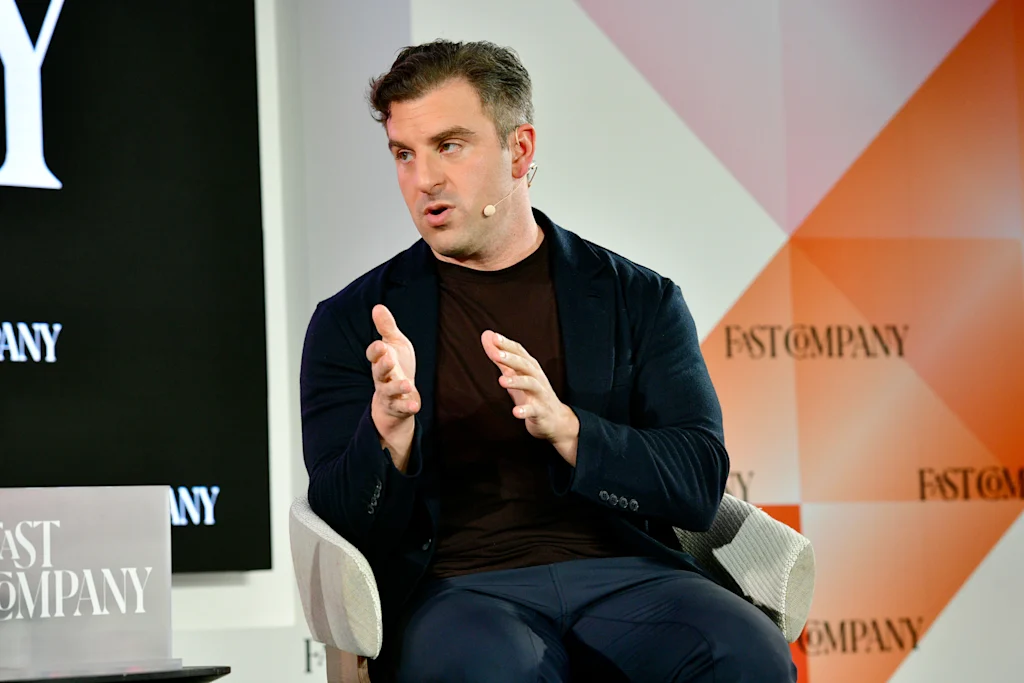
Chesky is a generational talent
Airbnb’s cofounder and CEO, who turns 44 on August 29, is one of the most successful startup CEOs of the last two decades. Chesky has taken a kernel of an idea—people sharing their homes for travelers in lieu of a hotel—and grown it into a global behemoth that’s more valuable than any other hotel company in the world. (Marriott, at about $71 billion, is the largest traditional hotel chain.) He’s done this in the face of extreme doubters, existential crises, local regulatory fights, and more.
Chesky is a designer by training. He’s capable, as he puts it, of “seeing the world through the eyes of a child.” He believes in spending as much time in the field as in the lab, routinely experiencing Airbnb’s offering as both a host (having people in his own San Francisco home) and as a guest, traveling the world.
As a Y Combinator graduate (winter 2009 batch), he’s guided by the deceptively simple precept “make something people love.”
Think about someone with that mindset and approach running Disney.
Chesky is a showman, exactly what Disney needs
The CEO of Disney not only has to run the company but be the public face of the brand, the emissary for millions of fans. Former CEO Michael Eisner (1984–2005) hosted Disney’s iconic Sunday night ABC TV showcase. Iger is a fixture at premieres and theme park openings, exuding the kind of easy charisma that had some people thinking he could run for president.
Lacking this ability is fatal in the role. Look no further than Bob Chapek, who replaced Iger as CEO in February 2020 until he was fired in November 2022 and Iger returned. Chapek skipped the Disney fan event, D23, in 2021 for fear of being booed and then was booed by some fans in 2022, even amid his effort to soften his chilly image by growing a beard.
Chesky is well suited to this public-facing part of the job, with his boundless energy and penchant for grand gestures.
He has shifted Airbnb’s product releases into winter and summer reveals designed to garner more attention than most companies’ usual drip-drip-drip of product updates. Airbnb has also found a clever marketing hack with iconic, often movie-related home experiences from Barbie’s Malibu Dream House to re-creations the balloon house in Up and Riley’s internal control center in Inside Out 2.
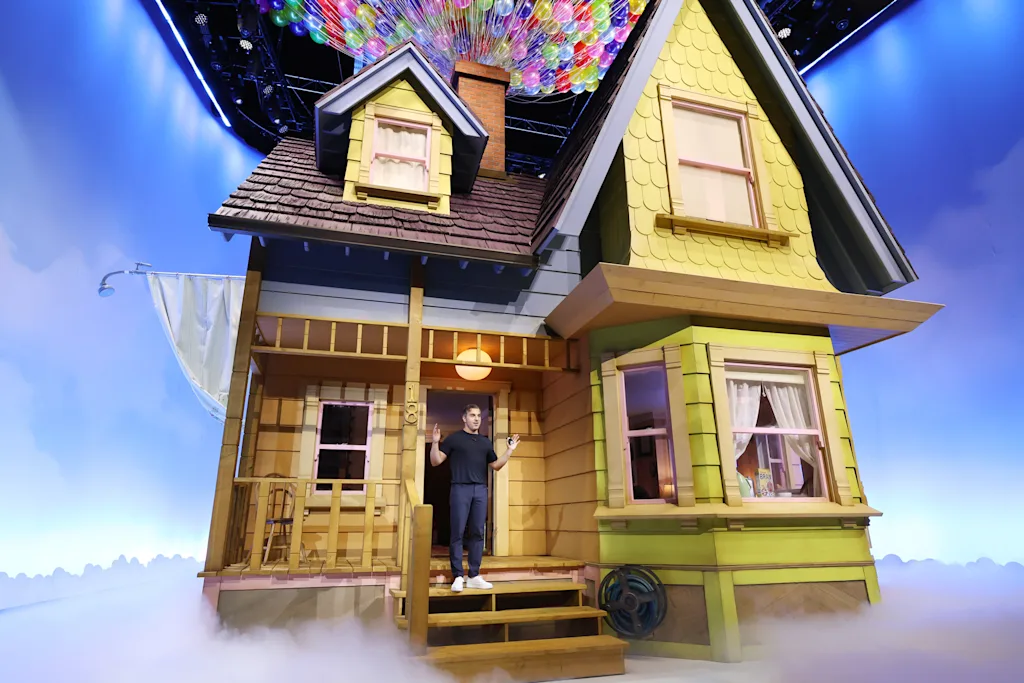
But more than being the company’s chief evangelist, to thrive as Disney CEO, you have to be in “founder mode,” treating the company as your own. In September 2024, Y Combinator founder Paul Graham, who admitted Airbnb into the startup accelerator, lauded a Chesky talk about how, as Graham put it, “conventional wisdom about how to run larger companies is mistaken.” Shifting into being a manager rather than retaining some aspect of how you ran your company as a startup is a trap that damaged rather than helped company leaders.
Chesky has described founder mode as being willing to be in the details, pushing people to think bigger, and having a direct connection to the leaders in charge of every part of the company.
Although the current Experiences chief, D’Amaro, has some fans among theme park obsessives, all the internal candidates feel more like management suits rather than founder showmen.
How Disney thinking built Airbnb
“I got this text message from Brian one night. It said, ‘Snow White.’ I’ll tell you later.”
So begins the video above, an introduction to how Chesky and Airbnb redesigned its entire end-to-end customer experience in 2012, inspired by how Walt Disney himself created the first animated feature film. “I realized that Disney as a company was actually at a similar stage where we are now when they created Snow White,” Chesky told Fast Company at the time, relaying how a Disney biography proved foundational in how he thought about the company’s next chapter.
As we wrote: “[Disney] had success with shorter cartoons, but Walt wanted to create a feature-length film with enough depth that people would care about, not just laugh at, the characters. He wanted to tell a complete story.”
Airbnb’s process included hiring a Pixar animator to storyboard the new customer experience, conveying the emotion they wanted guests to feel.
He would go on to hire Bruce Vaughn, former head of Disney Imagineering and the person who led the redesign of California Adventure and helped develop Star Wars Land, to work on the design of Airbnb’s real-world experience.
In the last several years, almost every longform interview Chesky has given features references to Disney. (Apple is the only other company Chesky mentions besides his own.) “I convinced my dad to buy some Disney stock,” he told Amy Devers on the Clever podcast in 2020, recalling an early experience with the Walt Disney Company as a teenager. “We couldn’t buy a lot, but if you became a shareholder at Disney you could get this thing called the Annual Report and the Annual Reports, they used to be these beautiful magazines, with these paintings of theme parks. And I became obsessive about kind of reimagine [sic] the design of theme parks.”
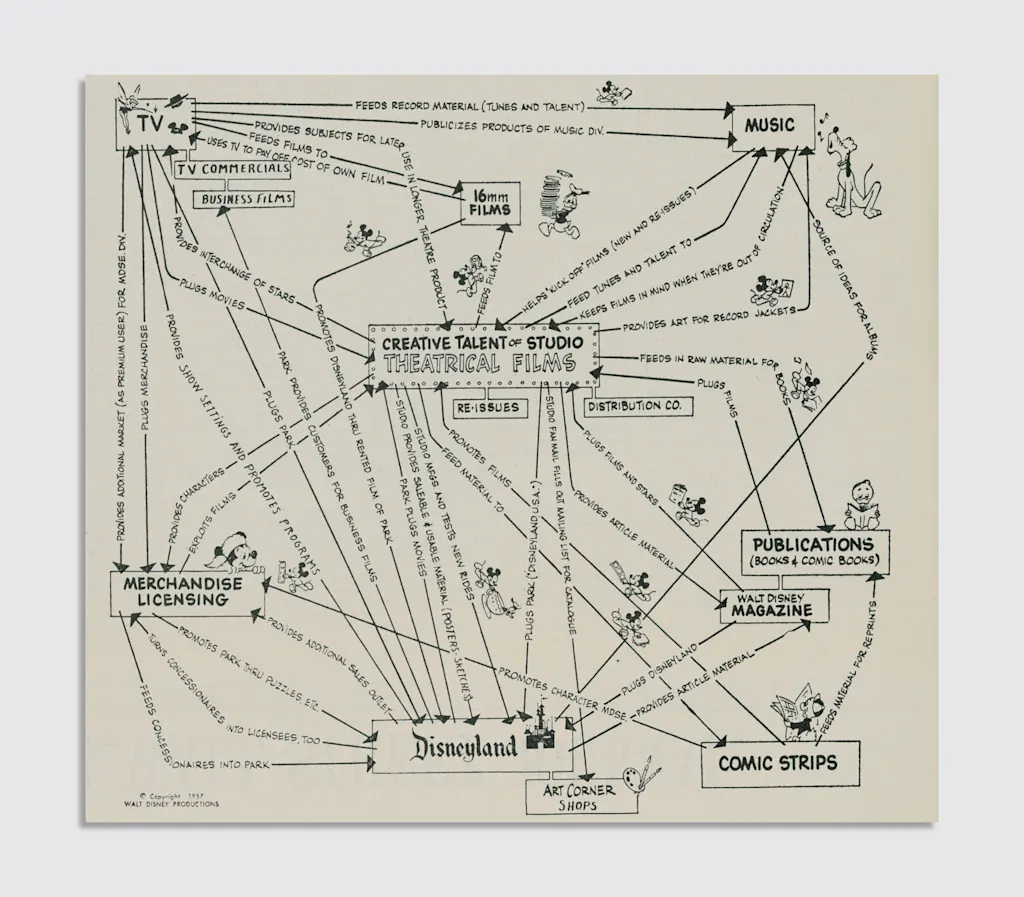
There have been Disney-obsessed techies before, of course. The famed 1957 Disney flywheel graphic is oft-cited in tech circles. Jason Kilar, who went from Amazon exec to Hulu CEO and then Warner Bros. chief, was also obsessed with Disney, but he rubbed some Hollywood people the wrong way with his brash style, particularly his 2020 decision to put all of WB’s theatrical movies onto the Max streaming service at the same time for a year.
That decision still looms large in Hollywood, so another tech leader taking over a studio (that, again, is much more a travel experiences company today) would likely be met with significant resistance in the highly insular entertainment business. But . . .
Disney desperately needs to figure out a real tech future
For as many things that Disney has arguably done well in the last 30 years, developing a coherent, sustainable digital strategy is not among them. Eisner bought a big stake in third-rate search engine Infoseek in 1998 and then doubled down on that strategy a year later in creating the ill-fated Go.com to compete as users’s starting point on the internet.
Iger’s tenure has had one successful tech acquisition (paying about $2.5 billion to control BAMTech, the infrastructure to power its streaming services) and one opportunistic deal in 2005–6 to be the first to sell movies and shows on Apple iTunes.
But Iger’s reign also been marked by several disappointing and/or disastrous big-ticket digital acquisitions and investments:
- Disney acquired the massive multiplayer online game Club Penguin in 2007 for $350 million. The growth of the children’s game failed to meet early goals, its popularity waned, and it shuttered in 2017.
- It acquired the social gaming company Playdom in 2010 for at least $563.2 million, was doing layoffs within six months, and shut the whole thing down in 2016.
- In 2014, it spent $500 million to buy the popular YouTube network of channels, Maker Studios, a poor fit within Disney, which quickly lost its appetite to create original shows for the video streaming giant.
- In 2015, it put $400 million into the then high-flying Vice Media; it wrote that investment down to zero in 2019.
Along the way in the mid-2010s, as Iger was initially preparing to leave the first time, he considered buying Snap, Spotify, and Twitter, any of which would have given Disney the kind of modern digital distribution platform it still desperately needs.
But its track record of managing consumer internet acquisitions doesn’t present a compelling Sliding Doors–style scenario for any of those apps.
Meanwhile, Chesky is Silicon Valley royalty
By contrast, Chesky started and built a tech platform with an approximately $80 billion market cap. He’s also a leading member of the Y Combinator mafia.
When fellow YC alum Sam Altman was removed as CEO of OpenAI—the most important tech company of the last decade—Chesky played a key role rallying support for Altman during those few days.
As a YC board member, Chesky has an early look at some of the most impressive young founders, their companies, and the tech trends they represent. A connected player like Chesky gives Disney its best possible chance to compete with Netflix, Amazon, and YouTube and maybe even surpass them by finding the next big thing early before anyone else and then nurture rather than stymie it.
The ‘cockroach’ Disney needs
Hollywood currently faces a cataclysmic series of challenges, AI chief among them. Worse, the leadership of entertainment companies seem largely powerless and/or disinterested in doing anything about saving Hollywood from being further diminished in the broader popular culture.
What it needs in this moment is a “cockroach,” in Y Combinator parlance. Meaning, it needs someone who is effectively unkillable and refuses to let their company die, someone built to survive events that would kill lesser leaders.
Someone like Chesky, whom YC founder Paul Graham complimented as one of these cockroaches.
COVID should have killed Airbnb. Lord knows a lot of people thought it was a goner in March 2020 when Chesky saw 80% of his business evaporate seemingly overnight.
But Chesky would not let that happen to Airbnb, and after a series of rapid moves, he not only stabilized the company but pulled off a successful IPO in December 2020. He’s told the story innumerable times, and if you want to hear it, check out this particularly good version of the tale:
Many people are convinced that Apple should, and perhaps will, buy Disney. But if Disney is to survive and thrive as an independent company, then it needs a young, tireless cockroach to bring it into the 21st Century. It needs Brian Chesky.
What's Your Reaction?
 Like
0
Like
0
 Dislike
0
Dislike
0
 Love
0
Love
0
 Funny
0
Funny
0
 Angry
0
Angry
0
 Sad
0
Sad
0
 Wow
0
Wow
0










